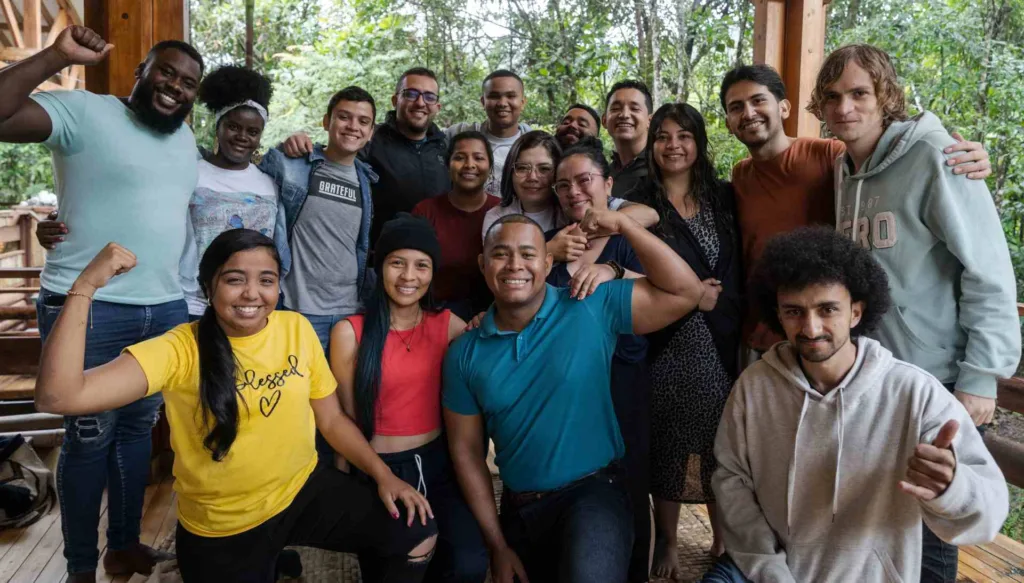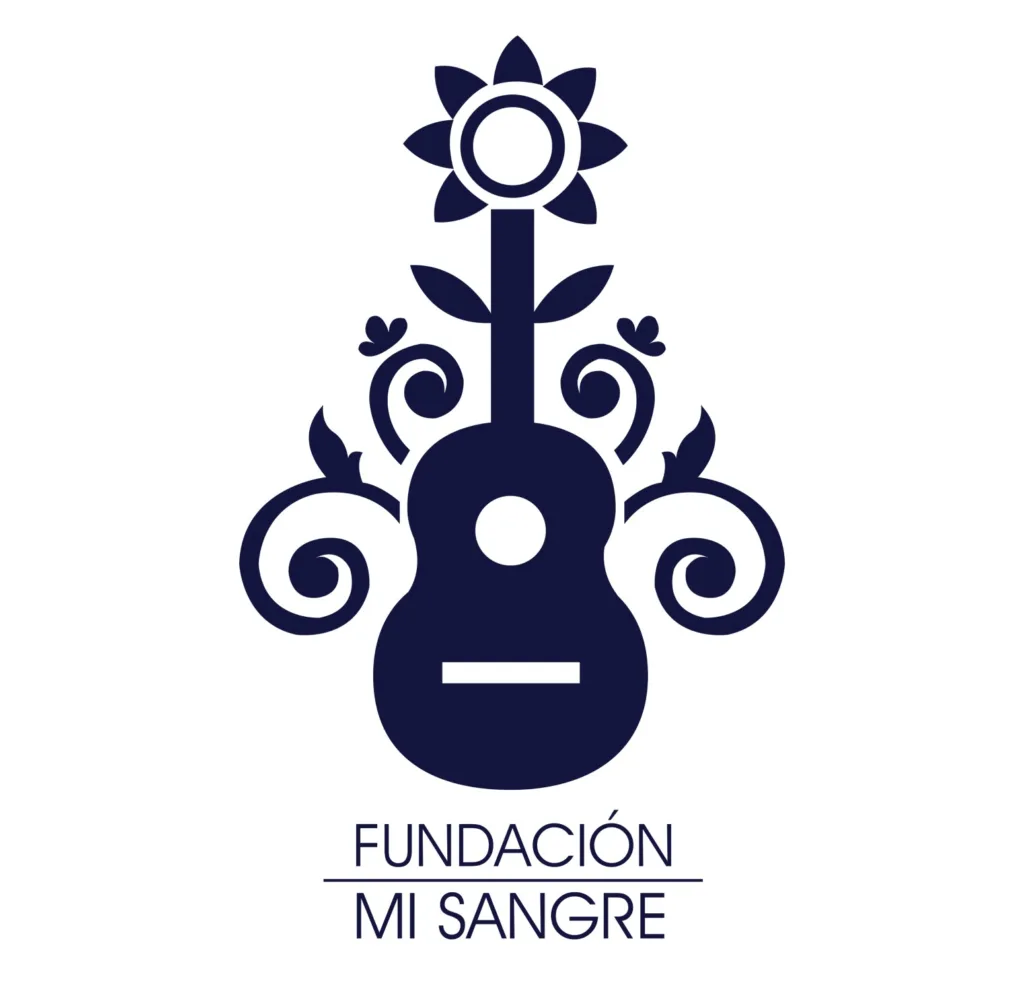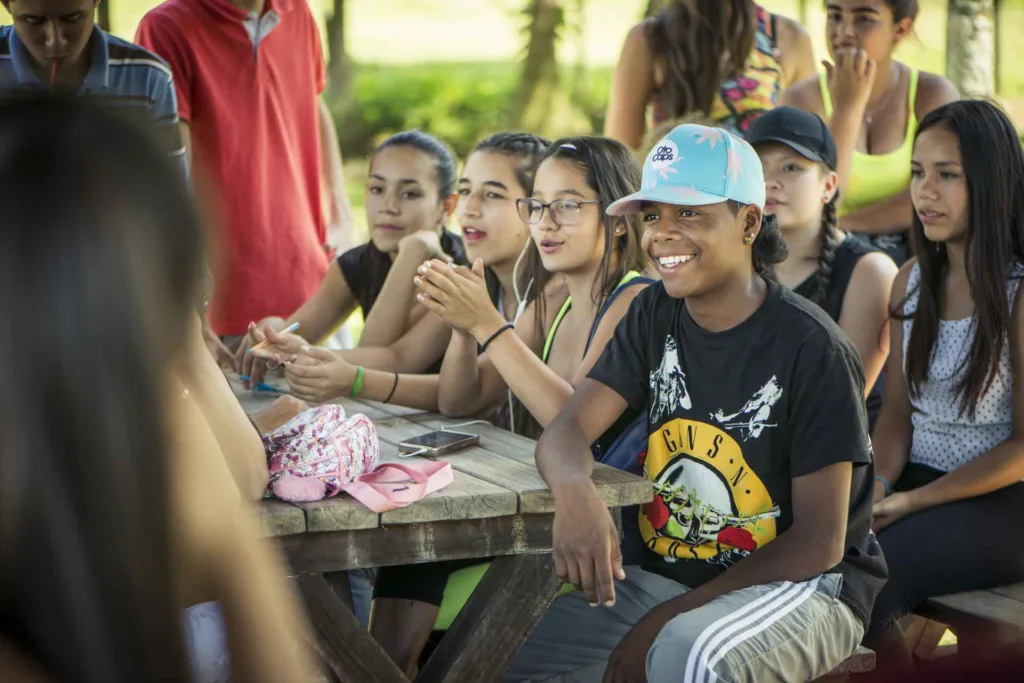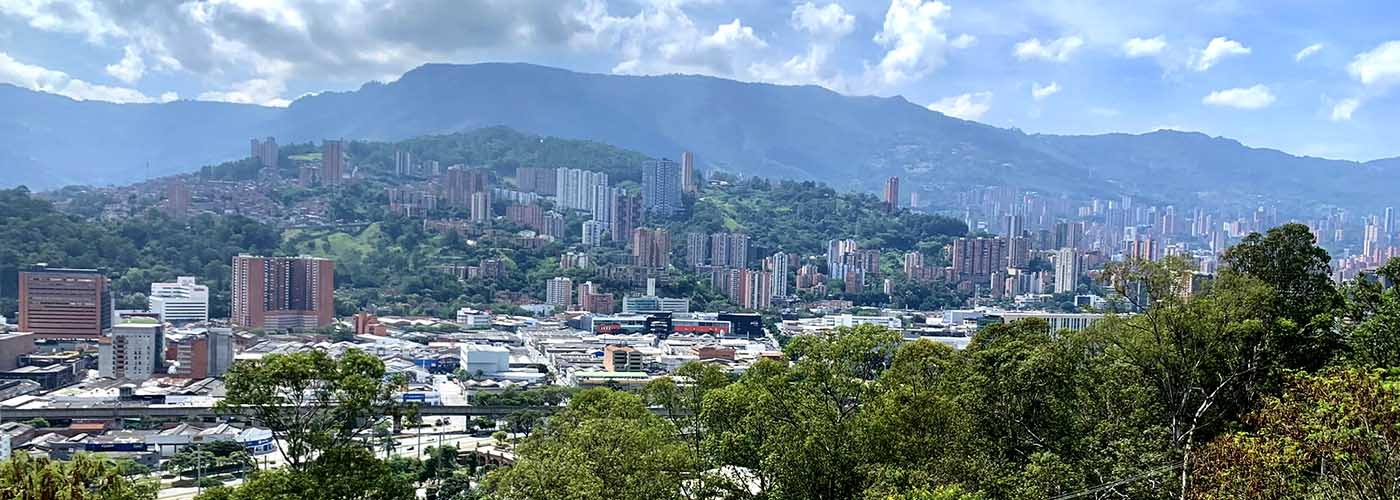Medellin
Medellin is the second-largest city in Colombia with a population of approximately 2.5M. Despite this, its rural heritage is still an integral part of the city’s identity, linked to people’s pride in their place of origin and traditions.
The potential of Medellin’s social capital is thus linked to its history of resilience to adversity through collective action and innovative skills. About 25 percent of the city’s population is between 15 and 29. Although the regional government has tried to improve the quality of education for youth, schools suffer from inadequate resources.
Located in an area with fertile soil and an ideal climate for farming, Medellin´s wide variety of crops has contributed significantly to the city’s growth and local livelihoods. Medellin is therefore dedicated to implementing policies and initiatives that create a sustainable food system. One of its significant policies focuses on promoting healthy eating habits among young children and adolescents. Medellin also supports incubation centers, start-up accelerators, and funding schemes to promote youth entrepreneurship.Urban Futures is working with Mi Sangre Foundation and various other partners involved in the policies and processes mentioned above.
Find out more about the Medellin city-region strategy and the program’s implementation strategy.
Partner
Fundación Mi Sangre
The fundamental mission of the Mi Sangre Foundation is to activate ecosystems and build capabilities that enable new generations to take the lead in fostering a culture of peace in Colombia. They facilitate networks and learning, youth-led social change initiatives, and individual and community action to support at-risk youth.
Their collective learning and co-creation methodologies ensure the inclusion of underrepresented voices, such as youth, women, and vulnerable individuals, while building trust among diverse stakeholders and aligning efforts towards a common purpose.
Specific role in Urban Futures
- Facilitates local and national strategies and coalitions, including multi-stakeholder platforms, for inclusive, climate-resilient urban food systems.
- Provides capacity building, training and technical assistance based on other local partner needs.
- Supports local ownership in inception phase activities by actors and young people to co-create the food systems of their own city/region.
- Promotes new narratives that favor more inclusive, resilient, and sustainable food systems.




